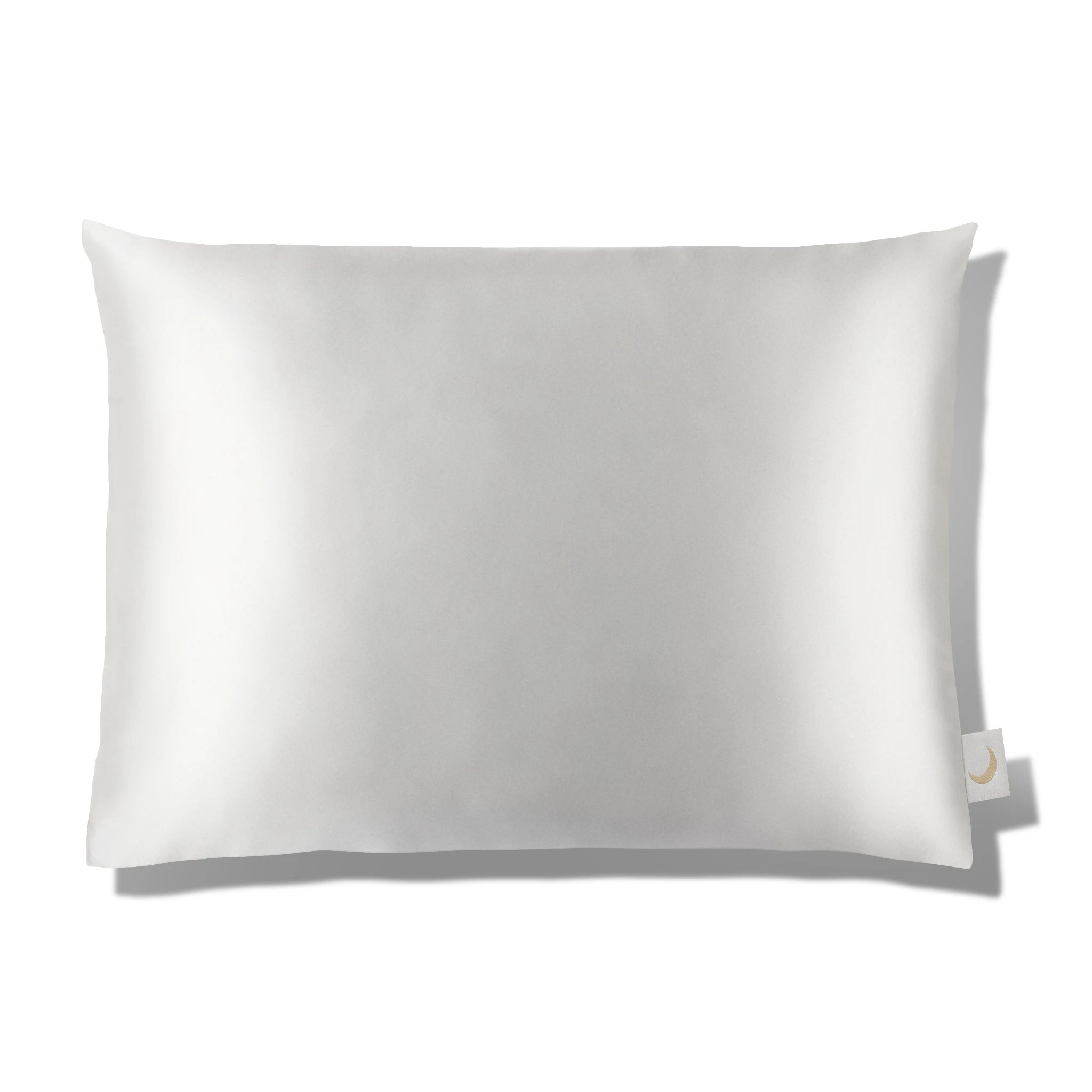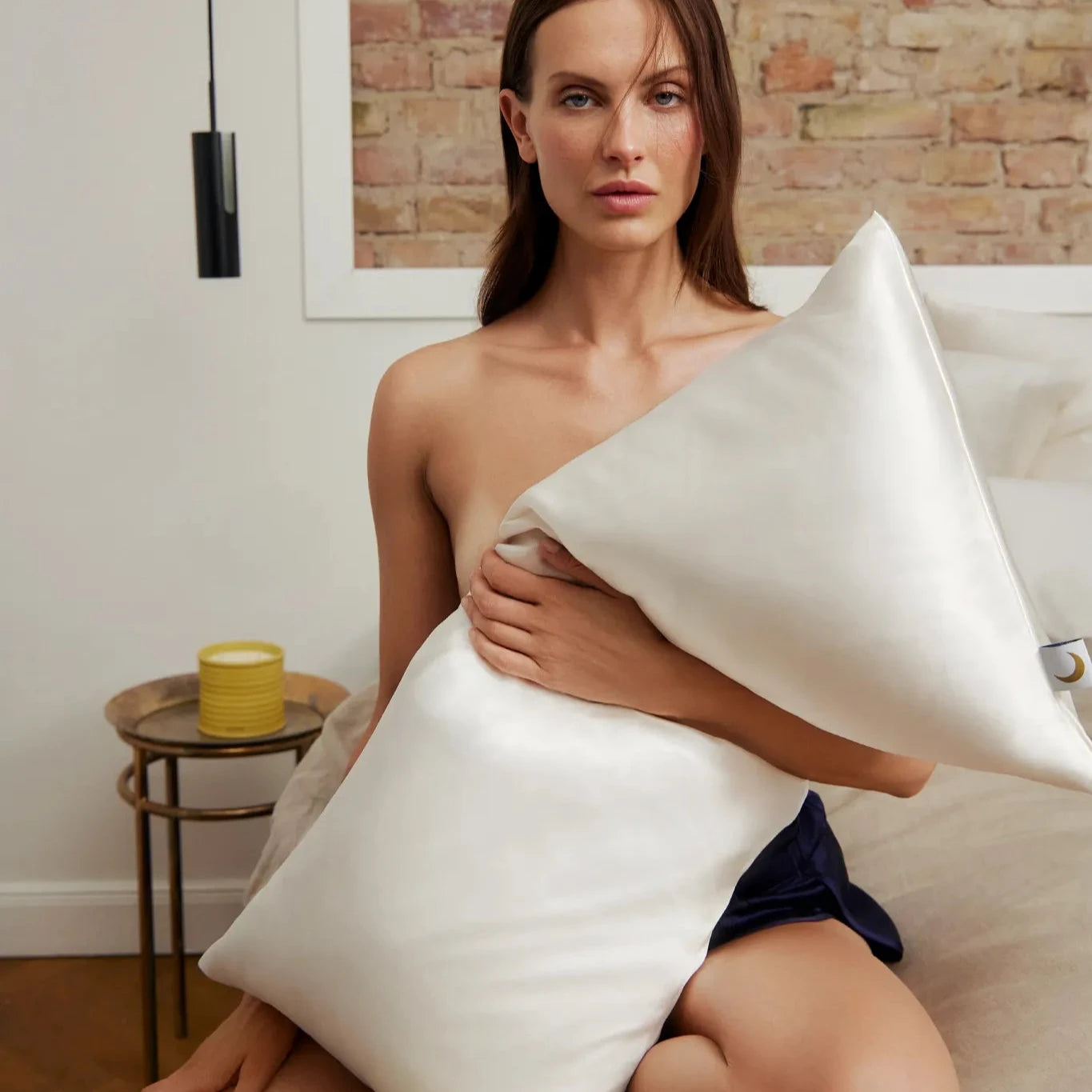Baby Sleep - why a routine is so important
Understanding your baby’s sleep patterns and helping them to establish a healthy sleep routine is an important part of parenting. As your child grows, their sleep needs will change and it's up to you to ensure that they get the restful sleep they need for optimal health and development. In order to do this, it helps to be aware of the typical sleep patterns at certain ages, as well as some tips on how you can help your baby establish a healthy sleeping routine.Sleep regression and baby sleep problems
A sleep regression describes a period of time, usually 2 to 4 weeks, when a baby who has been sleeping through the night suddenly has trouble sleeping.When does sleep regression happen?
Sleep regression can happen anytime as it is linked to unpredictable factors. But there are some periods when sleep regression is rather likely to happen, due to growth spurts, teething or reaching new milestones:Baby sleep: 4 Months
Newborns spend much of their day asleep and generally have no consistent pattern yet. They typically require 16-17 hours of sleep during this time frame spread out over the course of 24 hours, with periods of night waking which become less frequent as they reach 3 months old. It is important that during this time frame parents allow babies to follow their natural instinctive cycles and feed them whenever needed.Baby sleep: 6 Months
At four months old, most babies will begin to develop a more consistent pattern where they take two naps during the day and may start sleeping through the night (albeit with occasional night wakings), although this varies from baby to baby. Most 4-7 month olds are still taking around 15 hours of total sleep each day, but these hours are better consolidated into fewer naps throughout the day and one extended period overnight. The key here is consistency; you want to try and maintain similar nap times every day so that your baby can get used to a regular schedule.Babies sleep: 8-10 Months
By 8 months old, most babies have established a basic daytime schedule with one morning nap (around 10am) lasting 1-2 hours followed by an afternoon nap (around 2pm) usually lasting between 45 minutes - 1 hour. At 8 months old most babies are also beginning to settle into a solid 12 hour stretch overnight between 7:00pm - 7:00am or 8:00pm - 8:00am depending on bedtime preferences.Baby sleep: 12 Months
As your baby grows it's important that you continue working on setting down rigid schedules throughout the day so that your little one knows when it's time for him or her to go down for a nap or stay up for playtime!Tips To Help Establish A Healthy Sleep Routine For Your Baby
1) Set down rigid schedules throughout the day so that both you and your baby know when it’s time for playing or napping;2) Establish good bedtime habits such as turning off electronics at least 30 minutes before bedtime;
3) Make sure that your baby is comfortable in their sleeping space – if necessary invest in special items like sound machines or blackout curtains which can help create a calm atmosphere conducive for restful sleep;
4) Create calming activities prior to bed such as reading stories together or singing lullabies;
And lastly using silk cot sheets can be beneficial too! Silk has been proven to be kinder than cotton sheets due its moisture absorbency capabilities which prevent bald spots from occurring in children's hair due its tendency not absorb moisture from our skin while we're asleep like other materials would do. In addition, silk also allows air circulation which keeps the skin cool throughout the night thus aiding in better quality sleep as well as helping regulate body temperature while babies slumber peacefully. So investing in quality silk products could benefit both yourself and your little one!



















